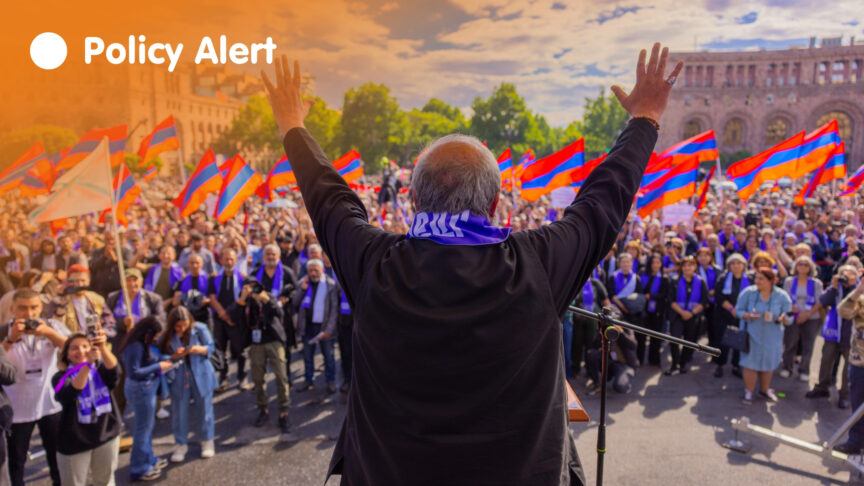
Setting boundaries: The fallout of Armenia’s border agreement with Azerbaijan
What started as a promising border agreement between Armenia and Azerbaijan may end up further weakening the government in Yerevan and undermining its reform agenda
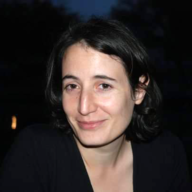
Director, Wider Europe programme
Europe's Eastern neighbourhood, Russia, protracted conflicts
French, English, German, Russian, Arabic
Marie Dumoulin is the director of the Wider Europe programme at the European Council on Foreign Relations.
Prior to joining ECFR, Dumoulin worked as a French career diplomat. She held a number of positions in French diplomatic missions abroad, e.g. in Turkmenistan, Algeria, Germany, and was seconded to the German Foreign Ministry during the German OSCE Chairmanship. Dumoulin worked with the policy planning staff (CAPS) and headed the Russia and Eastern Europe Department of the French Foreign Ministry. She has extensive experience with settlement processes of protracted conflicts in Europe’s Eastern neighbourhood.
Dumoulin holds a PhD from the Paris Institute for Political Science (Sciences Po).

What started as a promising border agreement between Armenia and Azerbaijan may end up further weakening the government in Yerevan and undermining its reform agenda
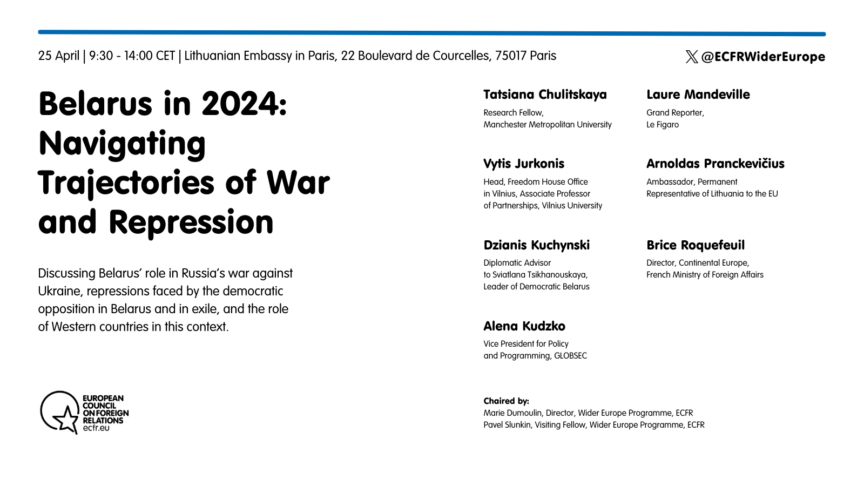
This event will discuss Belarus’ role in Russia’s war against Ukraine and the repressions and threats faced by the democratic opposition in Belarus and in exile. It will also explore possible actions by Western countries in this context
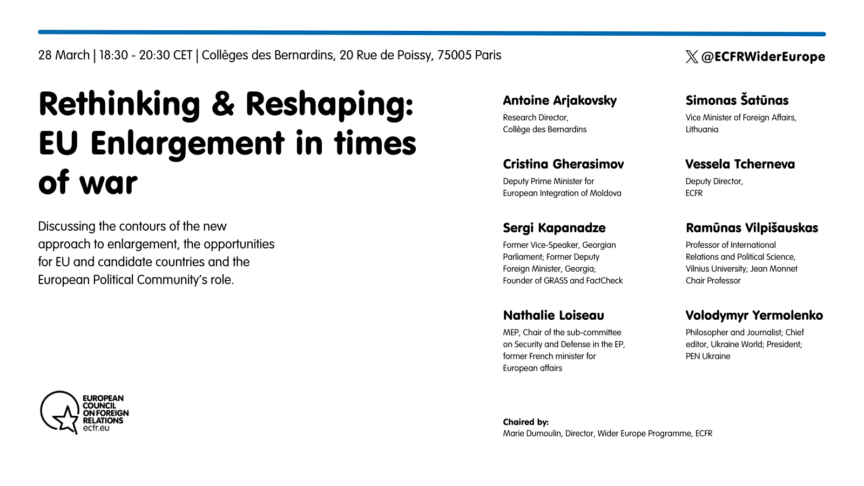
Russia’s war against Ukraine has prompted European policymakers to rethink their approach to enlargement. What form does this new approach take, what are the opportunities for EU and candidate countries, and what is the European Political Community’s role?
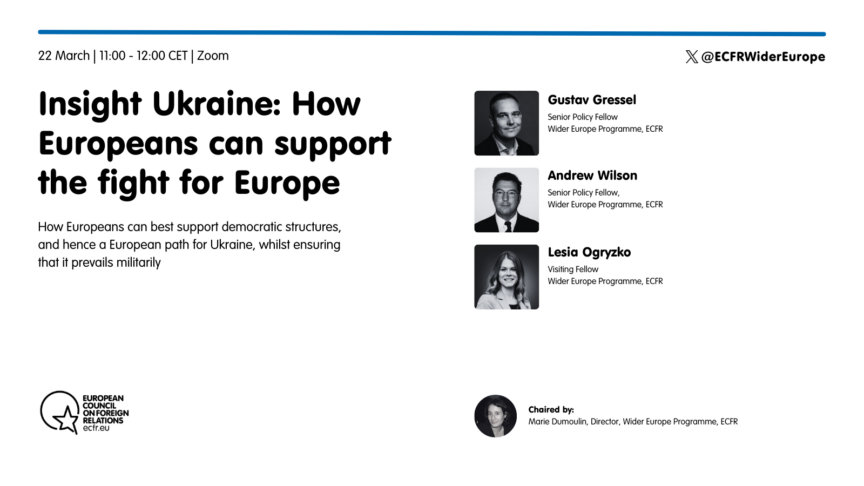
In challenging times for Ukraine, despite public appraisals following the second anniversary of the Russian invasion of Ukraine and the ten-year mark of the Russian…
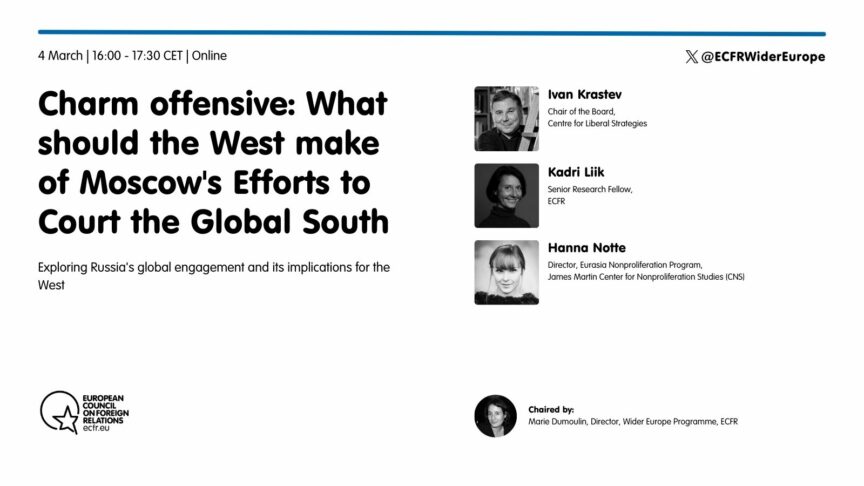
Exploring Russia’s global engagement and its implications for the West
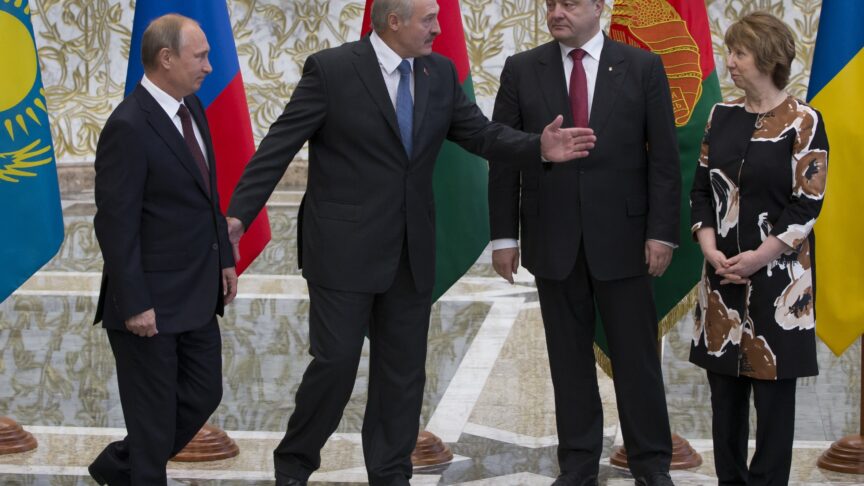
Western policymakers should study the lessons of the Minsk agreements – and drop any illusions about the ways in which Russia supposedly acts
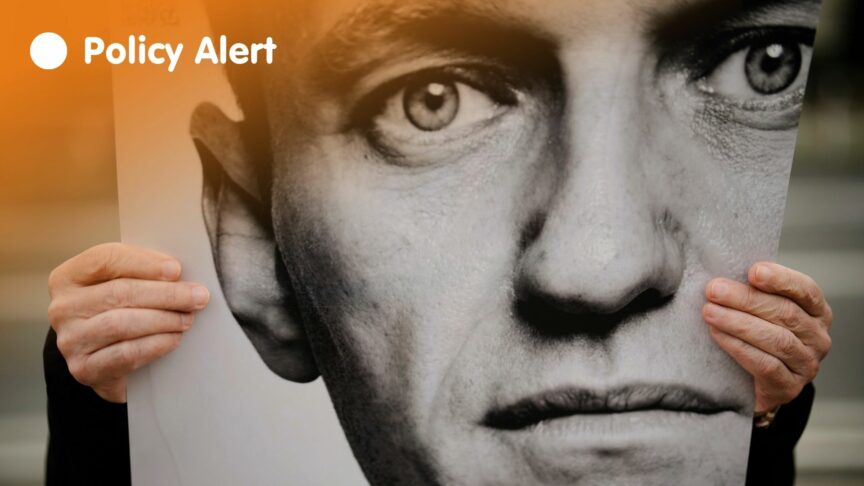
The death of Alexei Navalny marks the end of one era in Russia’s modern history – and the consolidation of the regime’s conservative turn
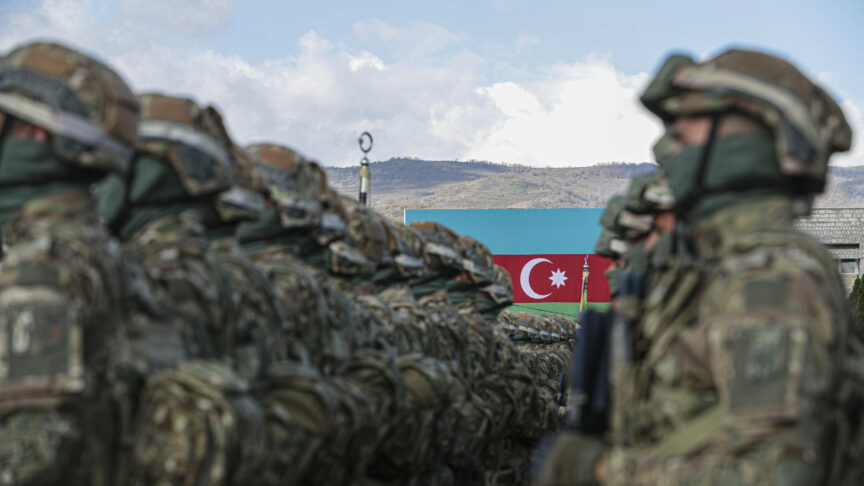
The question of Nagorno-Karabakh is unlikely to be discussed any time soon after Azerbaijan took control of the region in September. Europeans should now diplomatically engage with all sides to prevent further escalation, while supporting Armenia’s domestic political stability and strengthening its defence capabilities
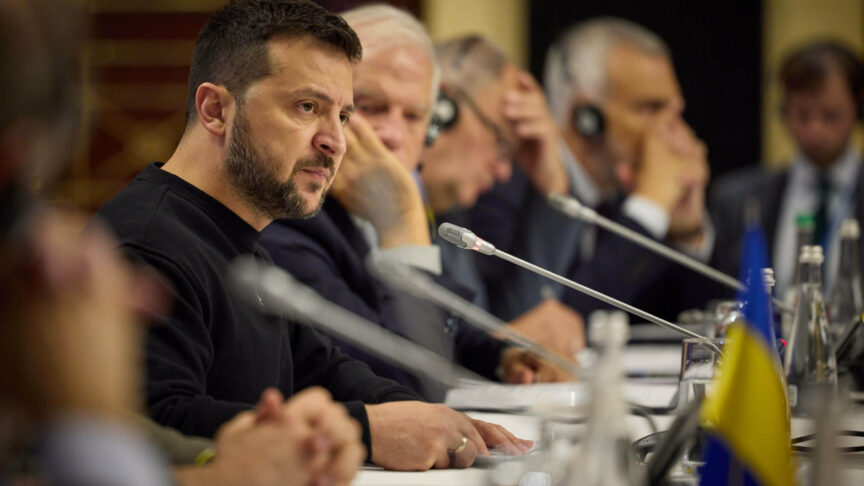
The EU and its member states need to make an urgent commitment to Ukraine’s security and long-term commitment to its European future. If they do not, they risk alienating the very Ukrainians they seek to support
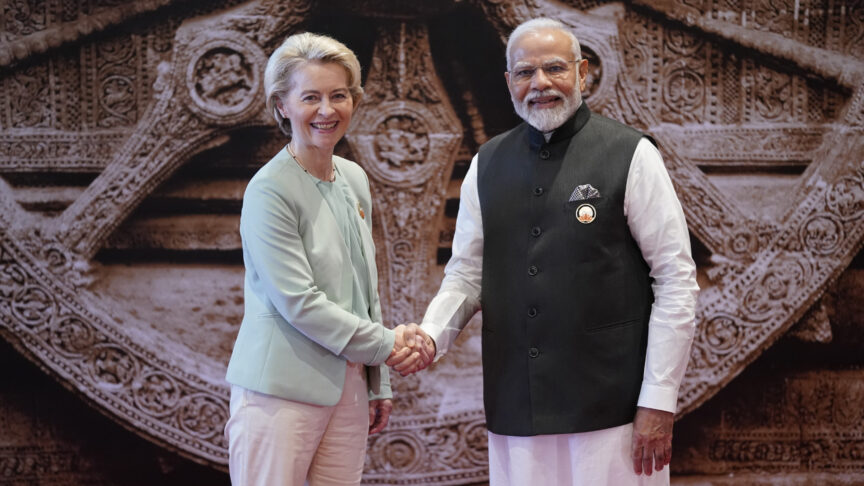
Middle powers are shaping a fragmented world for which Europe is ill prepared. To protect its interests and values, the EU needs a foreign policy strategy that emphasises its wide range of interdependencies

The EU and its member states need to make an urgent commitment to Ukraine’s security and long-term commitment to its European future. If they do not, they risk alienating the very Ukrainians they seek to support

Middle powers are shaping a fragmented world for which Europe is ill prepared. To protect its interests and values, the EU needs a foreign policy strategy that emphasises its wide range of interdependencies
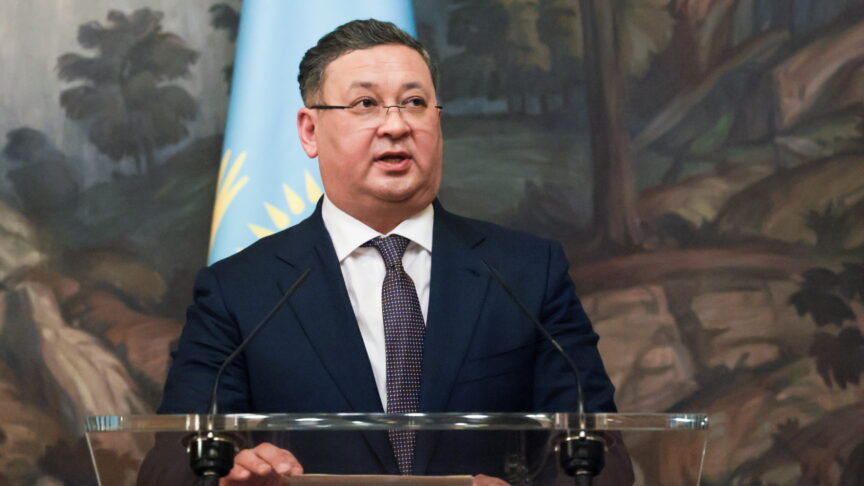
Domestic unrest and Russia’s invasion of Ukraine left Kazakhstan in a precarious position. The EU should devise an approach that encourages and guides the country to genuine domestic transformation
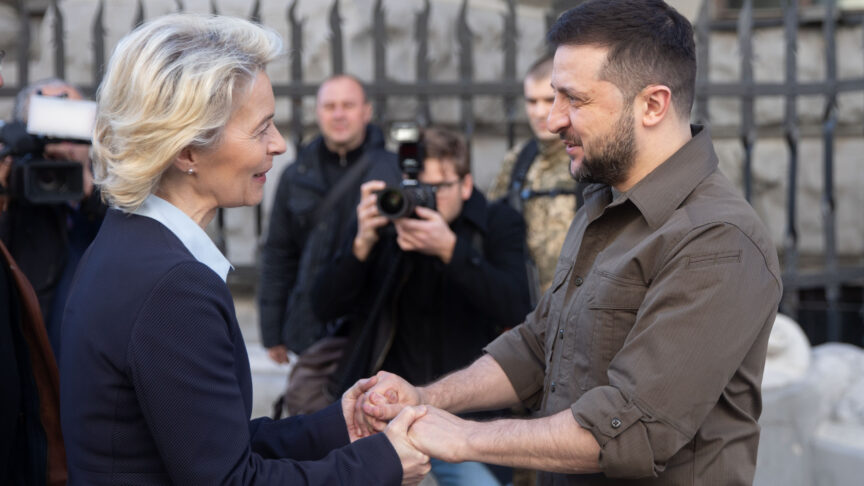
To signal their commitment to Ukraine, Europeans should agree a ‘long-war plan’ of assistance against Russian aggression. This would include a ‘security compact,’ security assurances, and economic and energy support

What started as a promising border agreement between Armenia and Azerbaijan may end up further weakening the government in Yerevan and undermining its reform agenda

Western policymakers should study the lessons of the Minsk agreements – and drop any illusions about the ways in which Russia supposedly acts

The death of Alexei Navalny marks the end of one era in Russia’s modern history – and the consolidation of the regime’s conservative turn

The question of Nagorno-Karabakh is unlikely to be discussed any time soon after Azerbaijan took control of the region in September. Europeans should now diplomatically engage with all sides to prevent further escalation, while supporting Armenia’s domestic political stability and strengthening its defence capabilities
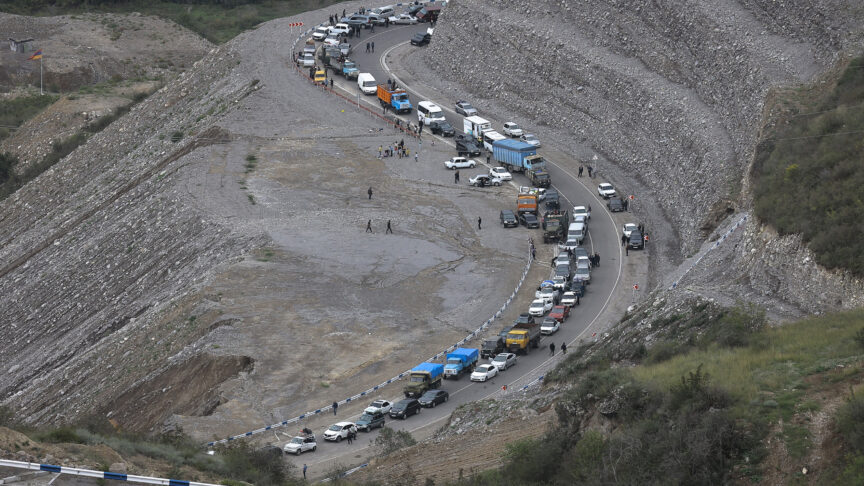
Geopolitical shifts created an opportune moment for Azerbaijan to reclaim Nagorno-Karabakh. With the current ceasefire on shaky ground, the EU needs to use the leverage it has to prevent further escalation
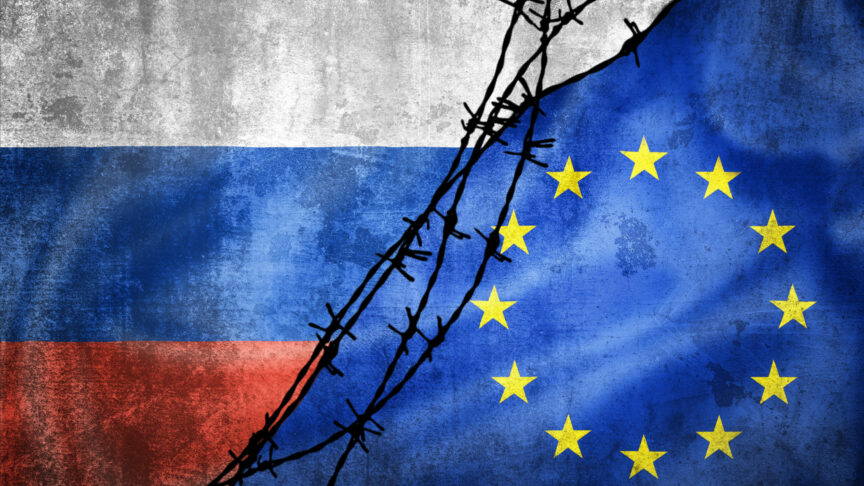
The EU needs a Russia strategy that looks beyond the war in Ukraine. Such a policy should centre around support for countries that border Russia, the reduction of Russia’s influence worldwide, and preparation for scenarios of change within the country
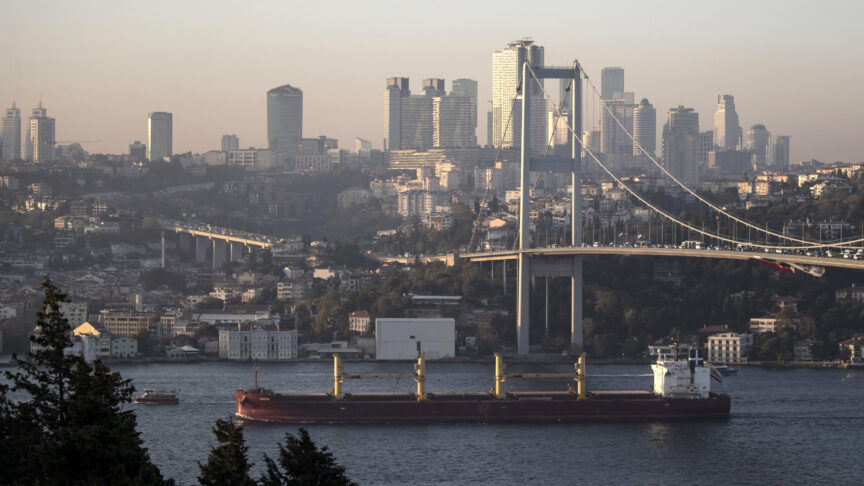
Turkey’s strength in the Black Sea may have persuaded Russia to return to the Ukraine grain export deal. But the agreement also lends another string to its bow
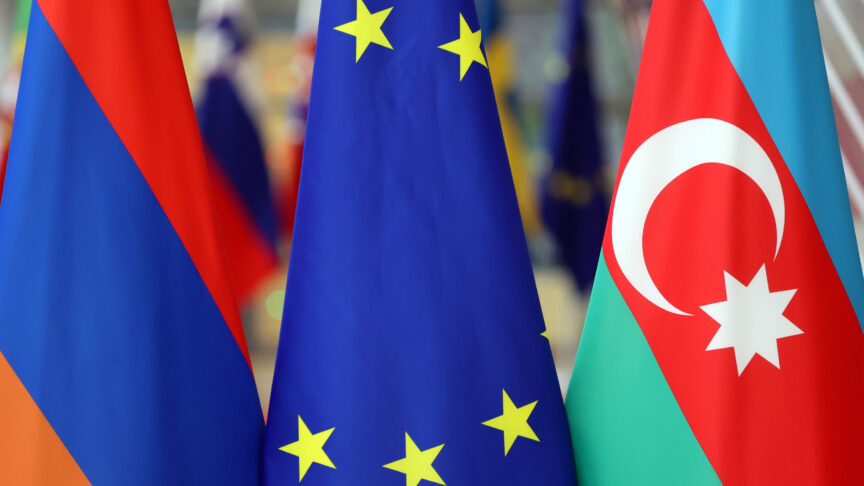
Moscow has declined to choose between its old friend Armenia and newer friend Azerbaijan. But the EU still has some way to go to make a difference through diplomacy
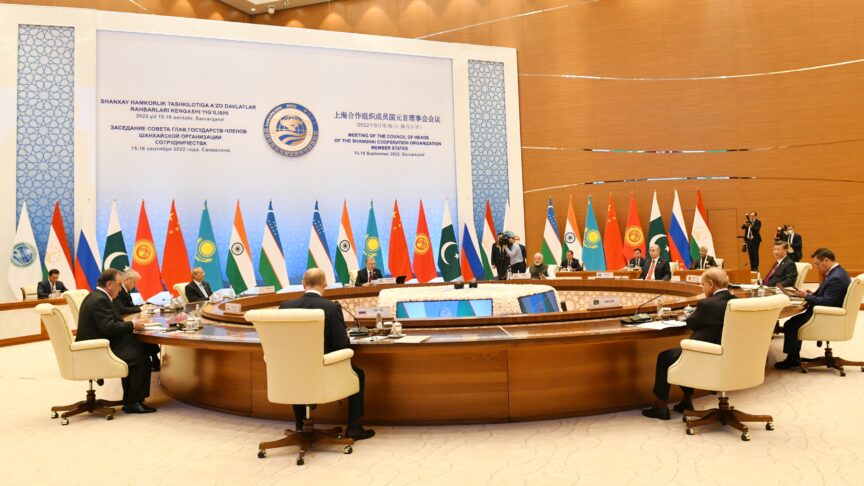
The SCO is often seen as the anti-NATO, but Putin will struggle to convince the other members – especially the Central Asian states – that his war is more important than Chinese investment
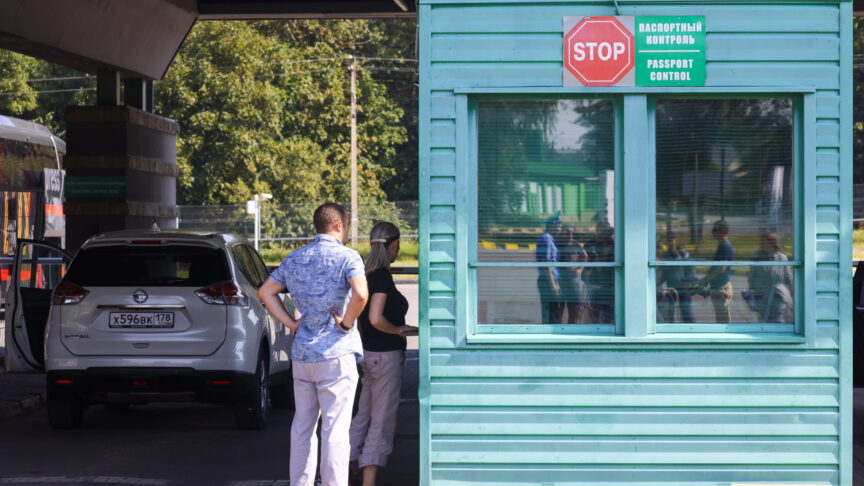
It is wishful thinking to believe that travel restrictions on Russian nationals would affect the Kremlin’s policies
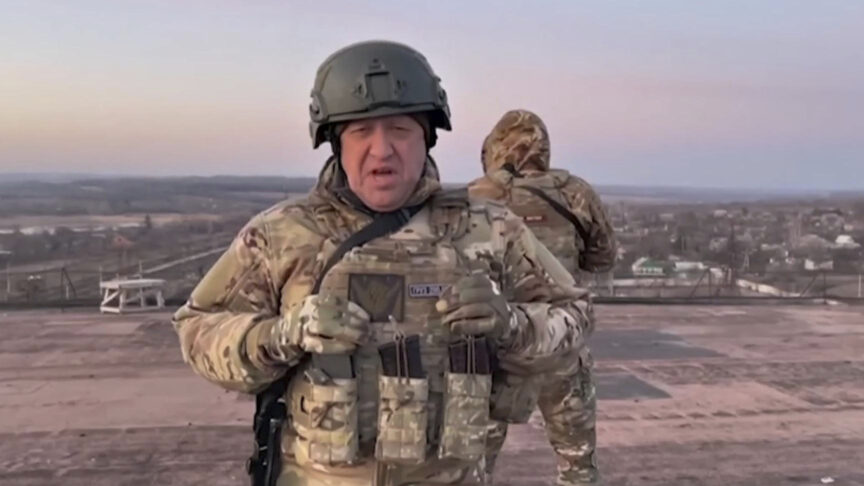
Mark Leonard welcomes Marie Dumoulin, Kadri Liik, Pavel Slunkin and Kiril Shamiev to shed light on the weekend’s events and discuss the new reality that has opened up in Russia
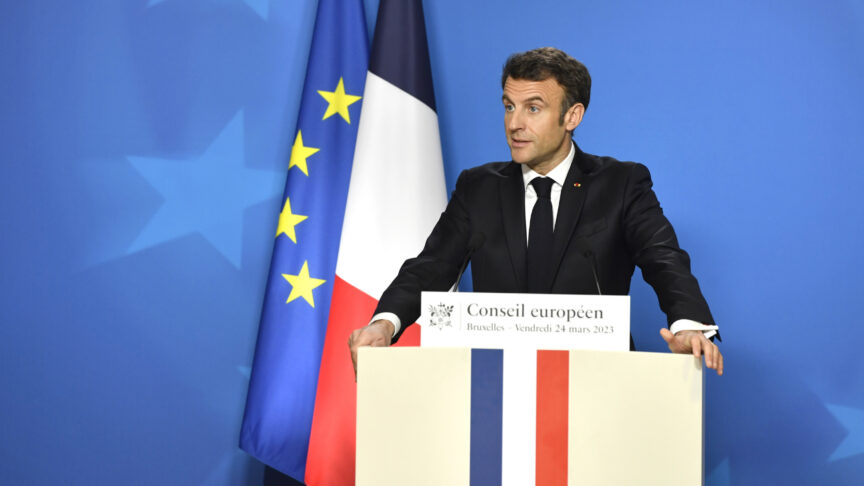
Last week, France’s president Emmanuel Macron threw the EU bubble into turmoil by suggesting that Europe should not become the United States’ “vassal” over Taiwan

In this week’s episode, Jeremy Shapiro joins an all-star ECFR panel of experts to discuss the SCO summit’s geopolitical implications
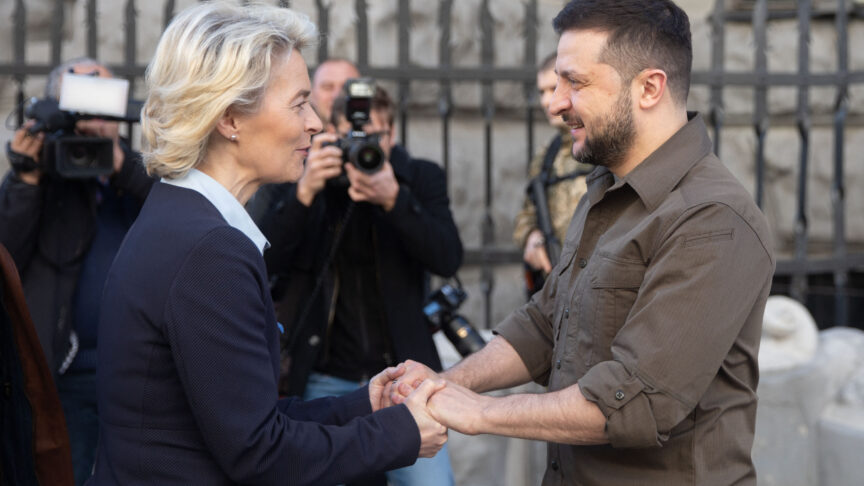
How sustainable is European unity? And what scenarios of solidarity or division can be expected in the next few months?
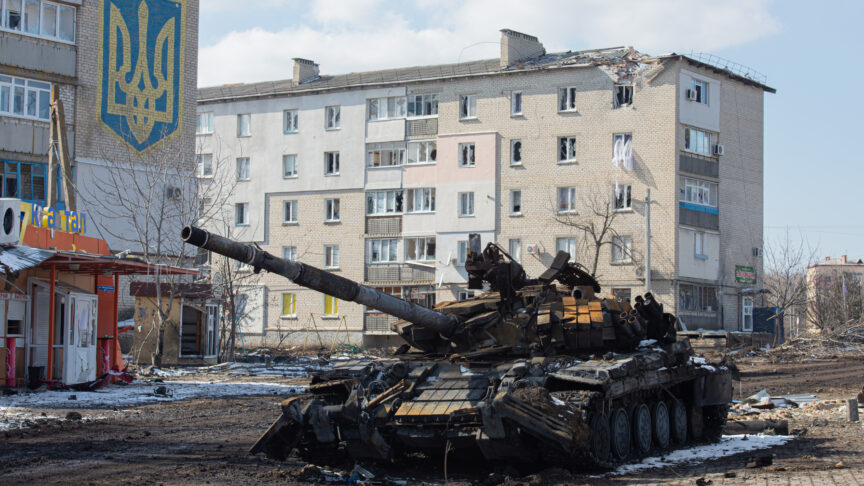
How should Europe react to Russian loss or indeed victory in this war? And what are the possible ramifications for the West?
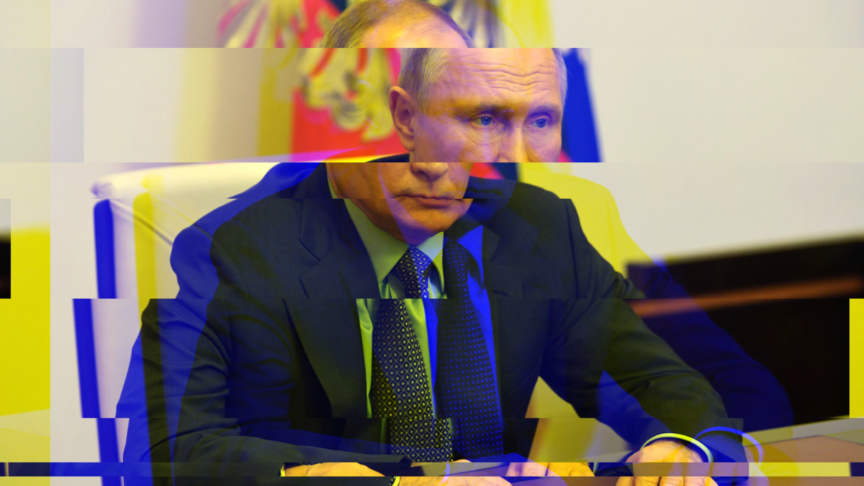
As the situation at the Ukrainian border escalates, Mark Leonard and his guests talk about the recent developments and the state of play at the ground
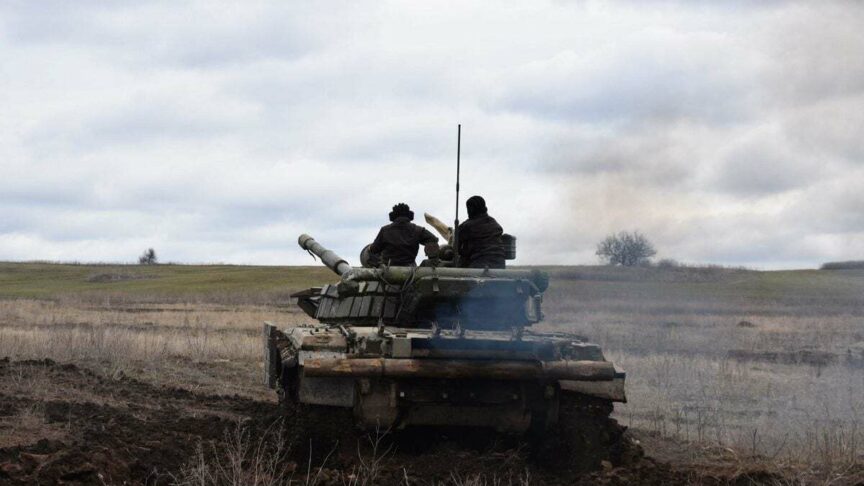
What are European and American interests in the Russia-Ukraine crisis? What are possible ways to avert a calamity?
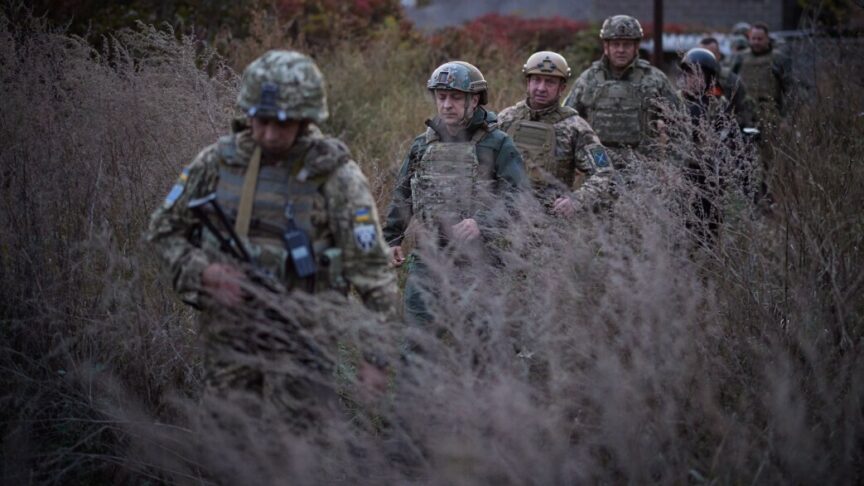
How serious is the Russian troop build-up near the Ukraine border? And what should NATO do about it?

This event will discuss Belarus’ role in Russia’s war against Ukraine and the repressions and threats faced by the democratic opposition in Belarus and in exile. It will also explore possible actions by Western countries in this context

Russia’s war against Ukraine has prompted European policymakers to rethink their approach to enlargement. What form does this new approach take, what are the opportunities for EU and candidate countries, and what is the European Political Community’s role?

In challenging times for Ukraine, despite public appraisals following the second anniversary of the Russian invasion of Ukraine and the ten-year mark of the Russian…

Exploring Russia’s global engagement and its implications for the West
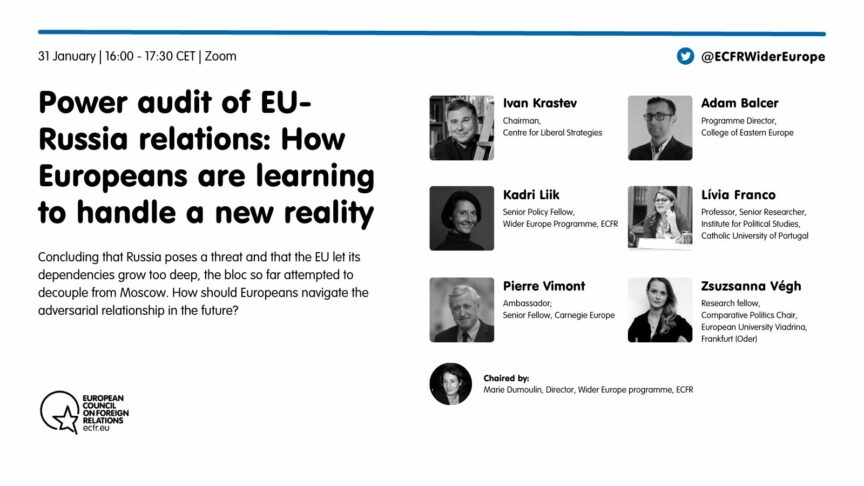
Concluding that Russia poses a threat and that the EU let its dependencies grow too deep, the bloc so far attempted to decouple from Moscow. How should Europeans navigate the adversarial relationship in the future?
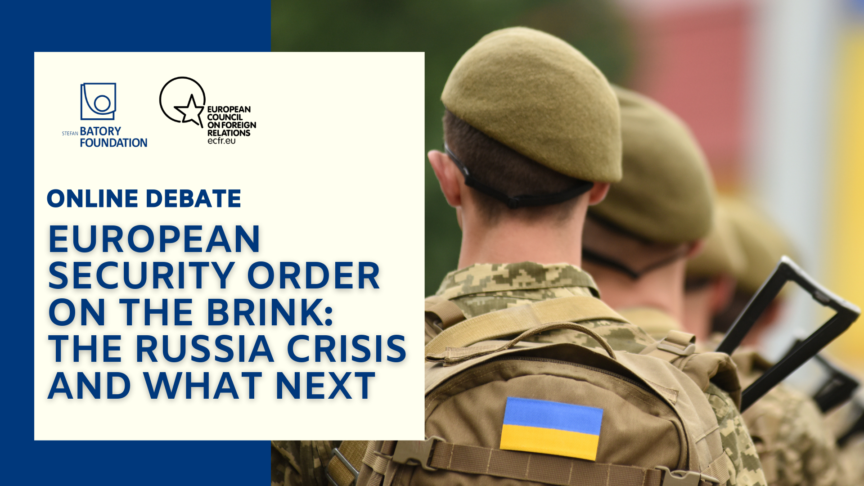
West do prevent an aggression against Ukraine? What does Kyiv expect from the EU and NATO? What is the future of the European security order? What are the perspectives of the key EU member states and Ukraine?
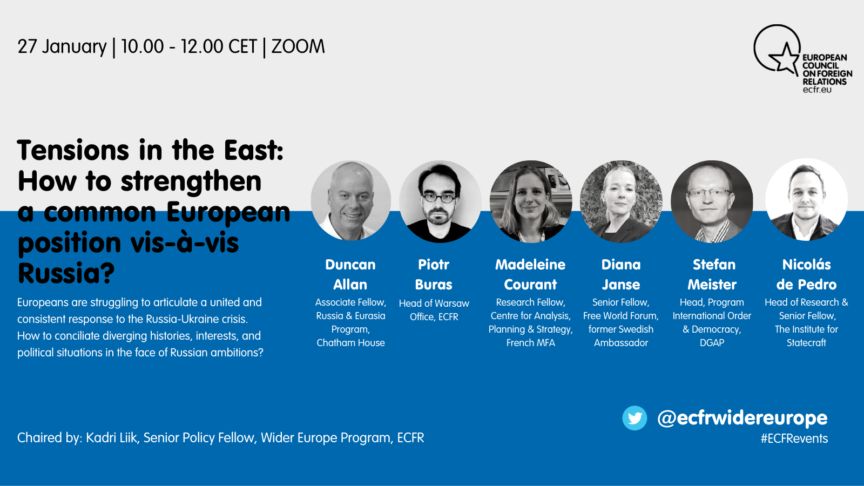
This webinar will bring together a collection of EU and British views to see where everyone stands on the Russia-Ukraine crisis
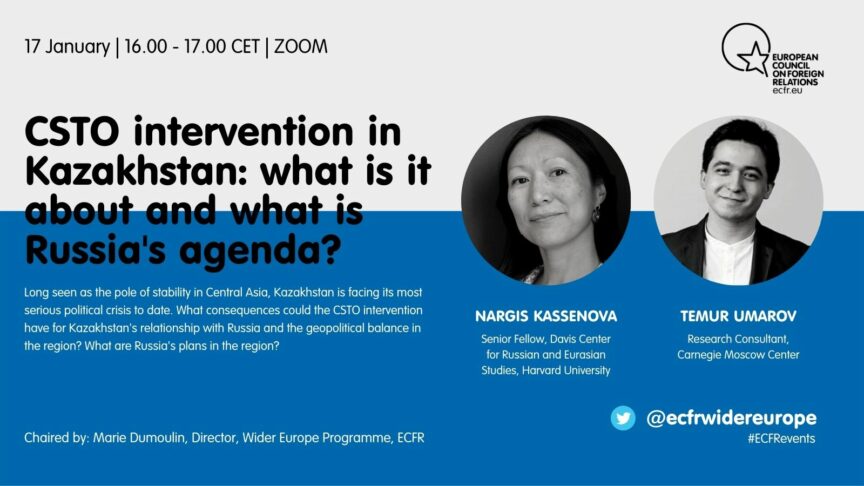
What consequences could the Russian-led Collective Security Treaty Organisation intervention have for Kazakhstan and the geopolitical balance in Central Asia?